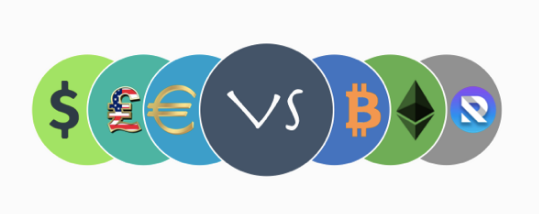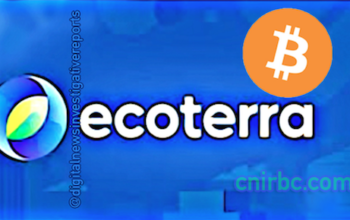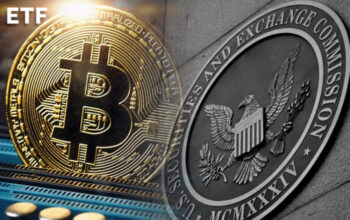The Two Sides of Money
Without a doubt, the definition of money has changed in these modern times. Just as everything else has evolved, the development of money has progressed into a simplistic, but more complex medium of exchange.
The nature of money can be perceived in two ways: The Tangible System (Mentallism) and The Trust System (Charatalist).
The Tangible Perspective
The tangible perspective is that a currency is required to be backed by some type of physical material. This orthodox view of currency is embraced by those who favor gold or some form of commodity, such as wheat, corn or oranges. Therefore with this traditional view, money is seen as a pre-existing thing.
The Chartalist View
This point of view is a group that looks past the thing of currency and focuses instead on the credit and trust relationship between the individual and society at large that currency embodies.
This outlook informs our understanding of cryptocurrency. It recognizes the presence of an implicit, society wide agreement that allows monetary change to perpetuate debit and credit, to be issued and cleared. This would be considered a negotiated solution and the currency is merely a token or symbol around which that complex system is arranged. Chartalist comes from the Latin word “charta,” which means “token.”
The Crypto Frontier
As money continues to evolve from a Fiat (tangible) currency to a digital asset, the global monetary system is taking notice. From Central Bank’s Digital Currencies (CBDC), to stablecoins, and other private cryptocurrency, digital assets are answering the call. Cryptocurrency believers, including a cross-section of techies and businessmen, see a chance to disrupt the banking centric payment system. They are less concerned about its appeal as an intrinsically valuable thing and more concerned with the underlining computer’s network capacity. Those who understand the importance of the computer’s capacity to rearrange the rules of trust, around which society manages exchanges of value, see money as a system for settling and recording the obligations.



